Can CBD oil help with food addiction?
Estimated reading time: 9 minutes
- Introduction
- How does addiction hijack the brain?
- What is a food addiction?
- How does appetite suppressants work?
- How can CBD oil help?
- The Science Behind CBD and Addiction
- CBD and Cravings
- Regulating Appetite and Metabolism
- Would any CBD oil help on Food Addiction?
- Conclusion: The Potential of CBD for Food Addiction
Introduction
Welcome to The Real CBD. In this blog, we answer the question: Can CBD oil help with food addiction? What is an addiction and what does it do to our brain. In recent years, the use of cannabidiol (CBD) has gained significant attention for its potential healing effects. CBD is normally linked with the ability to alleviate pain, reduce anxiety, and improve sleep. However, there is growing interest in its potential role in managing food addiction.
How does addiction hijack the brain?
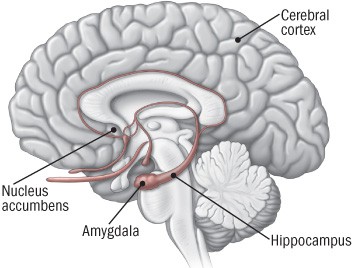
Addiction can have a long and powerful influence on our brains, and it can manifest in three ways: craving for the addiction, loss of control over its use, and continuing with the addiction, it spites of all the bad consequences. Recovery from an addiction involves our willpower, but it is not enough to “just say no”. Instead, we typically use various strategies — including psychotherapy, medication, and self-care — and try to break the grip of the addiction. But what actually happens in our brain?
Nobody starts out wanting to get an addiction. However, many people get caught in its stronghold. According to latest statistics, almost 1 in 10 — are addicted to alcohol or other drugs. More than 2/3 of people with addiction abuse alcohol, probably because it is socially accepted to get drunk, and alcohol is so available.
The Brain
The brain registers all pleasures in the same way, whether they are drugs or alcohol, a sex, or a great meal. Pleasure in the brain has a powerful signature: the release of the neurotransmitter dopamine in the nucleus accumbens (see picture). Dopamine release, in the nucleus accumbens, is so consistently tied with pleasure that neuroscientists refer to it as the brain's pleasure center.
Our brains are so powerful that even thinking about the addiction can release the feeling of pleasure, and we engage once again. We go from “liking to wanting to obsessing” and end up repeating the pattern. It will become a major part of our lives, and all sense and sensibility goes out the window.
Because addiction is learned and stored in the brain as memory, recovery is a slow and scary process. The precise methods are different based on the nature of the addiction, but all treatments are aimed at helping you to unlearn the addiction, while adopting healthy coping techniques. Having said that, addiction to drugs, alcohol, gambling, sex and opioids are very different to, the addiction to food. If you have to overcome an addiction to drugs or alcohol, you “just have to stop”. You can avoid environments where the temptations are lurking. Not being around it will help you recover faster.
But you can't avoid food…… we need it to live and function.
What is a food addiction?

Food addiction is when the need to eat becomes compulsive or uncontrollable. A food addiction can be in response to an emotion, such as stress, sadness, boredom or anger. Our body needs food to function, but food addiction is when a person becomes dependent on certain types of foods.
The most common addictive foods are foods high in sugar, flour, fat, grains and salt or some combination of these. Food Addiction is a chronic and progressive disease, showed by our constant looking for the foods we are addicted to. By eating them compulsively and having a great deal of difficulty controlling these urges, despite the self harming consequences – we become food addicts.
This is most probably something that was either taught when we were kids or as a result of environment. Mummy gave you a sweet when you fell over and hurt yourself. Feeling sorry for yourself = eating. Going to the cinema, having a cosy time = eating. Our brains have for many many years connected emotions and food. Not healthy wholesome food…… Who wants a carrot when they feel sad?
How does appetite suppressants work?
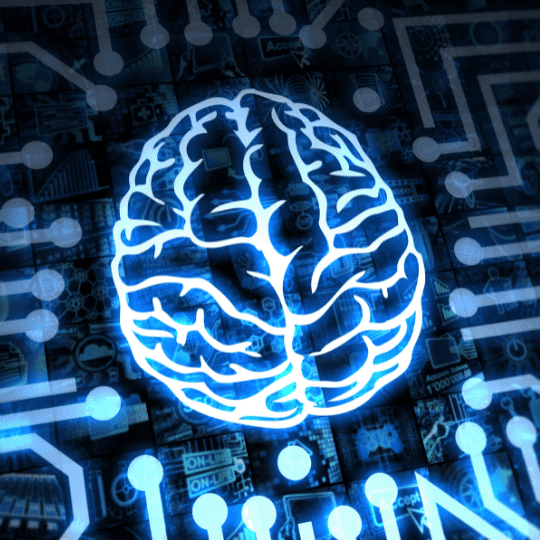
Appetite is controlled by a part of the brain called the hypothalamus. It brings an awareness of hunger and even controls metabolism.
Serotonin, is a brain chemical that is normally administered as an antidepressant. It affects hunger and the taste of food. Lack of foods leads to lowered blood sugar levels and low serotonin levels. Therefore, you tend to feel irritable when hungry.
Most of the weight loss drugs that are approved by governments are appetite suppressants.
They reduce your appetite in 3 ways:
- Blocking part of the brain that makes you crave food
- Stimulating the part of the brain that makes you feel full
- Slow down digestion, which makes you feel full for a long time with less food
The first drug approved as an appetite suppressant by FDA in 1947 was an amphetamine.
How can CBD oil help?
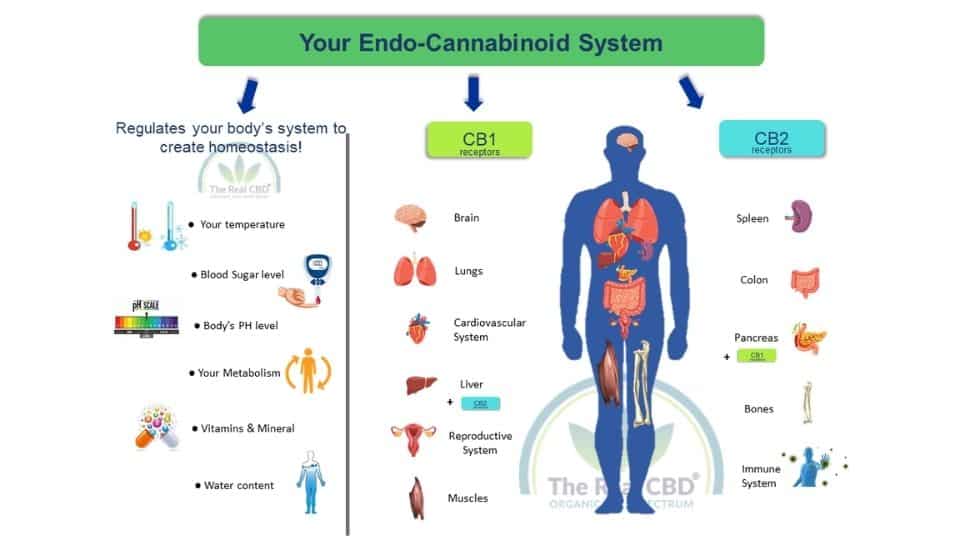
There are two types of cannabinoid receptors, CB1 and CB2. They are in the body in locations such as the brain, intestines, and the immune system.
When a cannabinoid receptor is stimulated by an endocannabinoid, various physiological functions in multiple systems of the body are activated. Including memory, pain sensation, mood, and most importantly here, appetite.
“A lack of endocannabinoids in a person's body could lead to eating disorders.”
If you lack cannabinoids in your body, this hunger regulation system is out of balance, and you need to take daily CBD oil to add the cannabinoids.
The Science Behind CBD and Addiction
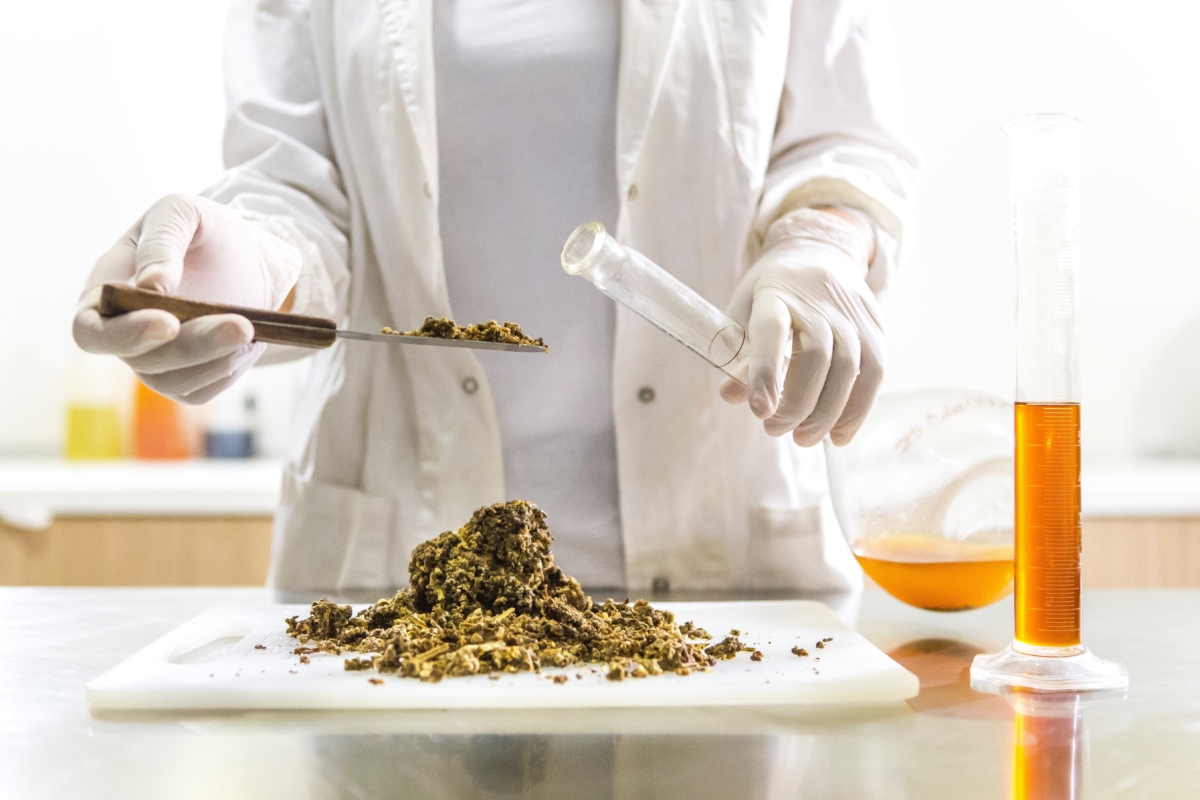
Before looking into how CBD might help with food addiction, it's important to know how it works with the human body. CBD is a chemical that comes from the hemp plant. It doesn't get you high. It works with the endocannabinoid system (ECS), which is a complicated network of receptors and chemicals that helps keep the body in balance.
Studies show that CBD may change the ECS and have an effect on a number of addiction-related processes. We think the way CBD interacts with certain receptors in the brain can help control behaviours related to rewards and cut down on cravings. CBD is able to help people who are addicted to food. Because it affects the brain's motivation system.
More from our blog
CBD and Cravings

Cravings are a big part of food addiction because they cause people to overeat and lose control. CBD might help with food addiction by making people less hungry. Researchers have found that CBD interacts with serotonin receptors, which help control mood and hunger. By changing how these receptors work, CBD may help to make cravings less intense and make you feel full.
Also, the anti-anxiety effects of CBD are the reason why it might help people who are addicted to food. Many people use food as a way to deal with stress and other bad feelings. CBD's ability to make people feel calmer and less anxious could help people break out of the cycle of emotional eating and choose healthy foods.
Regulating Appetite and Metabolism
Food addiction also affects a person's ability to control their hunger and their digestion. CBD is affecting food and metabolism by interacting with the endocannabinoid system (ECS). Some study suggests that cannabidiol (CBD) help keep a healthy appetite. Doing this by turning on receptors that are involved in both feeling hungry and feeling full. CBD may help people deal with their food addiction by making them eat and burn calories better.
Would any CBD oil help on Food Addiction?
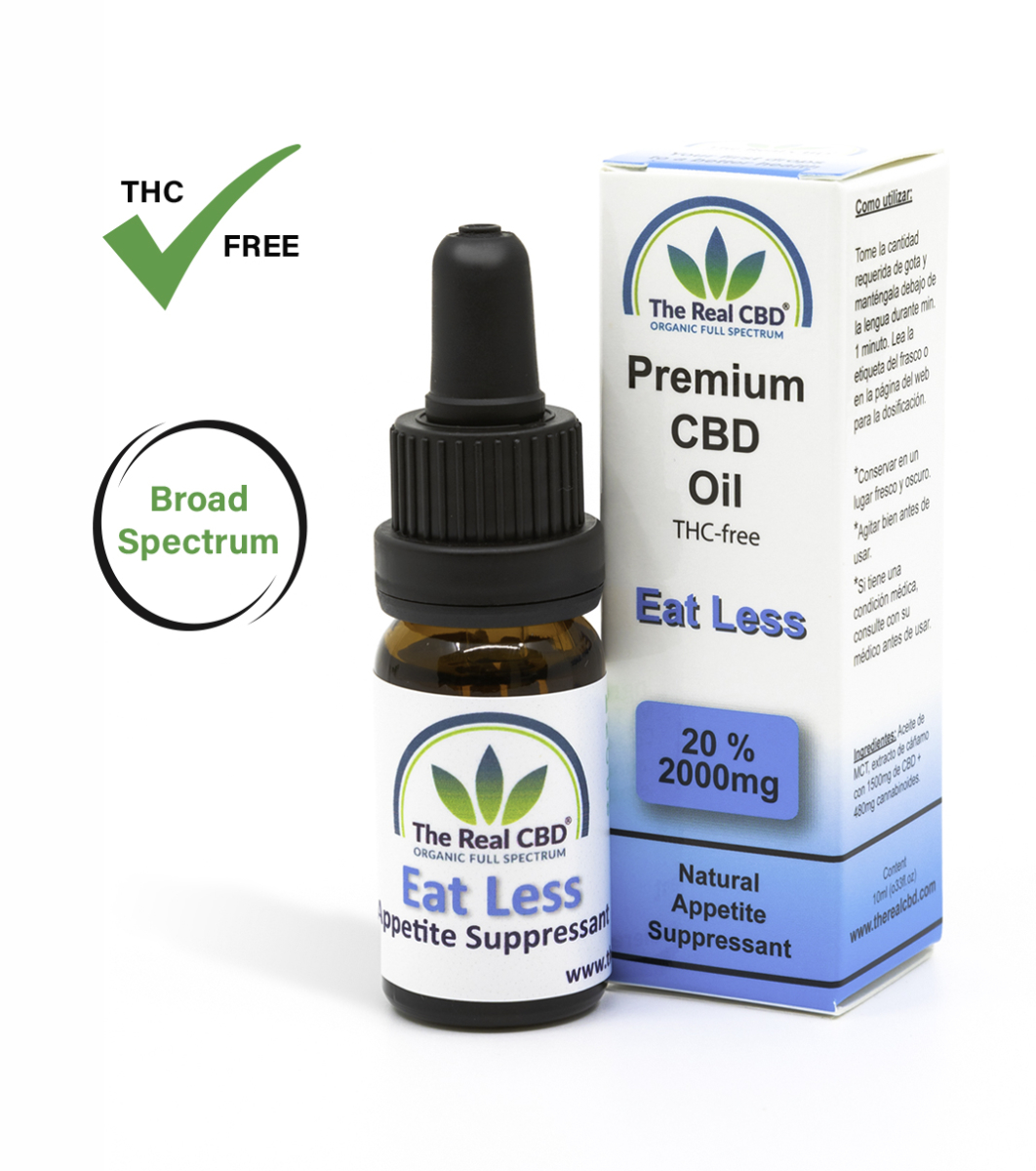
The answer is NO. A normal CBD oil even full spectrum oil will not help with the food addiction. The cannabinoid THCV needs to be present in a special ratio to CBD, CBG and CBN too. THCV is a natural appetite suppressant which blocks your hunger receptors – it literally makes you stop thinking about food. Blocks you mental appetite. The rumbling in your empty stomach will still appear, but will become increasingly easy to ignore.
Eat Less is exactly that CBD oil you need to have success with your diet or food addiction. Not only do you get all the benefits from the high levels of pure distilled cannabidiol (CBD) – you also have an effective appetite suppressant WITHOUT any side effects.
Addressing Underlying Factors
Food addiction often has things going on in the background that make it start and keep going. Stress, trauma, emotional pain, or imbalances in the body's processes can be some of these things. CBD's promise as an anti-anxiety and mood-regulating drug could help with some of these underlying causes, giving people a more complete way to deal with their food addiction.
Also, CBD may have anti-inflammatory qualities that could help deal with food addiction. Chronic inflammation is linked to more cravings and behaviours that make you want to use drugs or alcohol. CBD may help lessen the factors that lead to food addiction by making the body less inflamed.
Conclusion: The Potential of CBD for Food Addiction
While the research on CBD and food addiction is still in its early stages, the potential benefits are promising. CBD's interaction with the ECS, its ability to reduce cravings, regulate appetite, and address underlying factors make it an intriguing avenue for individuals seeking support in managing their food addiction.
However, it is important to note that CBD should not be seen as a standalone solution for food addiction. It is crucial to combine CBD usage with a comprehensive approach that includes

I am a certified expert in Medicinal Cannabis. We are all about giving correct and trustworthy information. We know how important it is to learn about CBD and cannabis, which is why we want to be your go-to source for trustworthy information. We help you improve your health by using our knowledge and experience as a starting point.

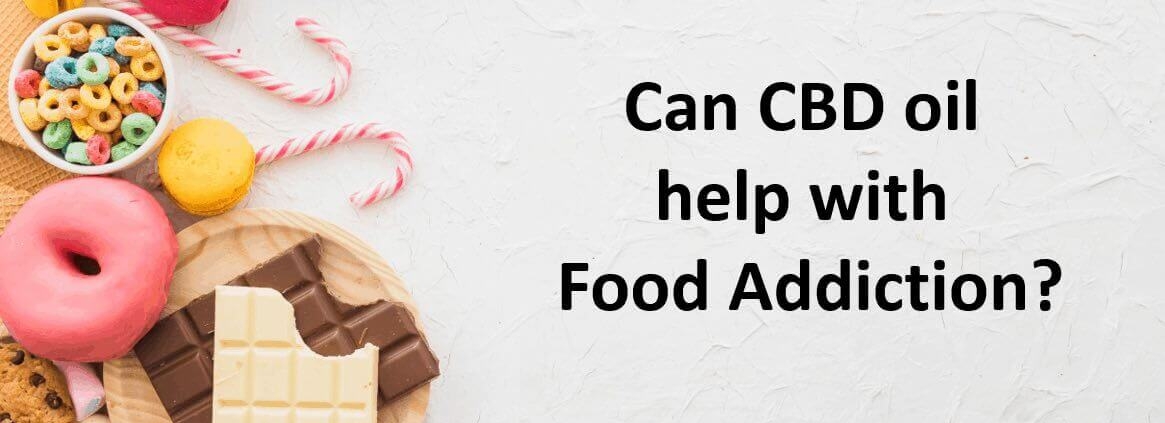



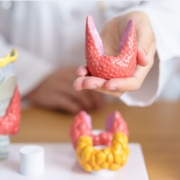



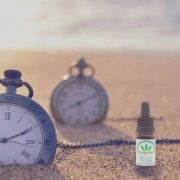




Leave a Reply
Want to join the discussion?Feel free to contribute!